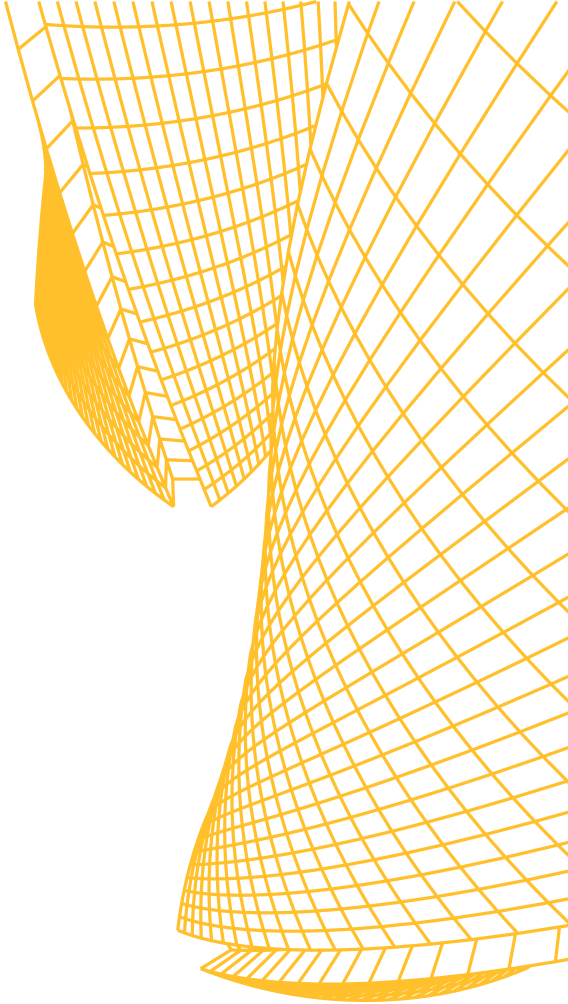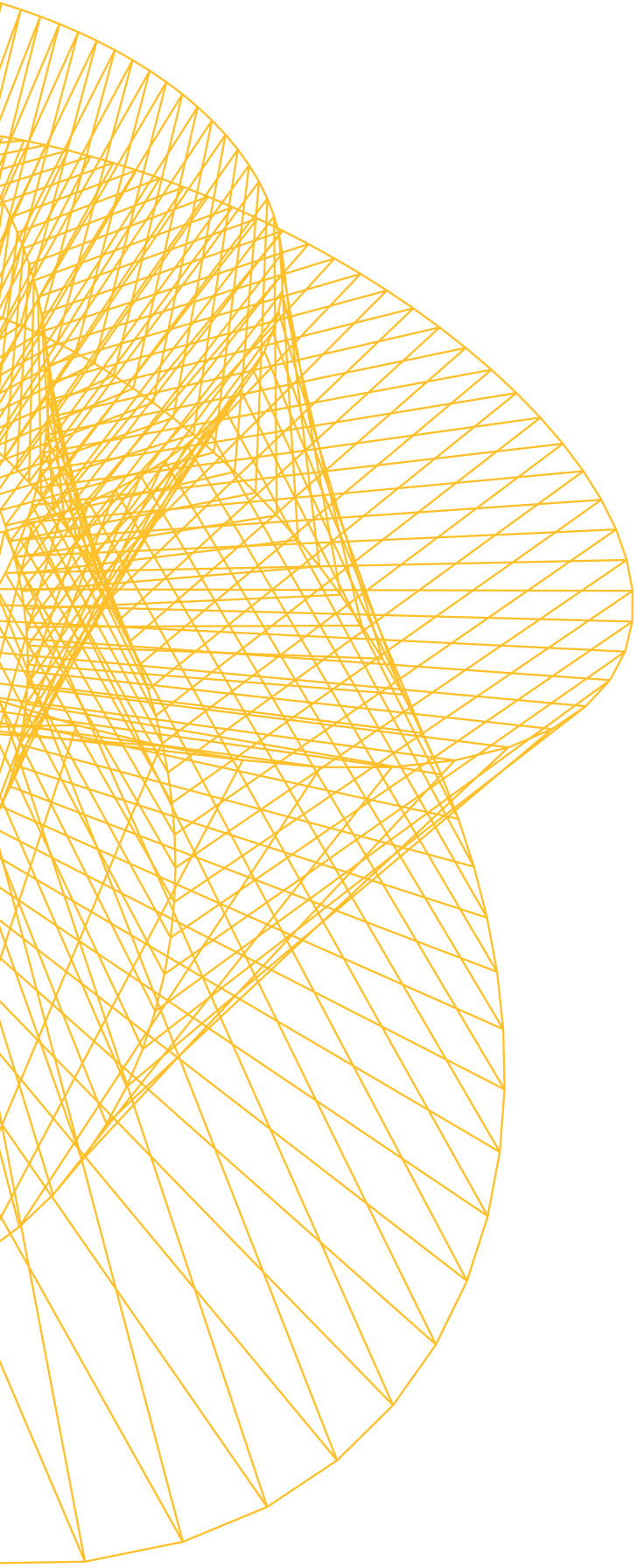MSc students visit to Manchester’s Hidden Creative
3D models are often manufactured using additive and subtractive methods, using 3D printers and CNC mills. These have their merits for visualisations and tactile feedback but they also have limits on the size that can be made due to the build volumes of the majority of machines.
These 3D CAD models may also be rendered for promotion, publicity and discussion but there is another really useful way in which this data can be used. Immersive realities are becoming more and more popular, increasingly capable and ever more affordable.
Two years ago, the Department of Engineering backed our proposal to buy some Oculus Quest 2 systems so that our students could develop some basic skills to bring their CAD models to life, in full scale in a virtual environment.
Our MSc students have been learning to use the Oculus Quests with Unity, an application often associated with game development. With some basic instruction, it does not take long to transport their digital assets into another world and walk around them as if they were real. This is mesmerising for someone new to VR but I wanted my students to experience the true potential of this technology.
We are very fortunate to be located close to Manchester City Centre and even more fortunate to have a world-class VR developer, Hidden Creative on our doorstep. They also produce non-VR work too.
The CEO of Hidden is Matt Trubow, a veteran of immersive realities and a true visionary of where this tech can take us. I had made earlier contact with Matt and we worked to set-up a visit for our students to the studio on a cold February morning.

The students took their seats in the boardroom of Hidden, which is located on the second floor of a a former packing warehouse, built for the Manchester Shipping Office and Packing Company and was designed in 1868.
Matt led a very informative discussion around virtual and augmented reality, punctuated with some fabulous images to chart its (VR & AR) developmental history. Matt highlighted the realities of a global ageing workforce and how these people, with their experience and knowhow can help to inform and train those coming up behind them.
We then shifted gear to focus on the ‘metaverse’, the new buzzword in tech but something that has been building for a couple of decades. However, the recent change of name for Facebook to Meta and the purchase of Activision-Blizzard by Microsoft for $68Bn were clear indicators that these tech giants had nailed their colours to the mast with regards to virtual and augmented reality.
Our students were then given open-access to chat with the staff within the studio, from 2D artists to 3D modellers and Unity developers. There was some truly impressive work on show and everyone we met kindly answered all our questions and demonstrated what they were working on.
The pace they work at is staggering, but not at the expense of quality which is stunning.

Hidden Creative’s studio – Mac’s for 2D, Windows for 3D 
VR here!, ready to learn (sorry! :))
On behalf of all the students, I would like to thank Matt and his team for being so welcoming and for sharing their expertise and advice. We hope you will have us back next year!
Get in touch
If you're interested in working with us, or have questions about studying with us please get in contact.

Related Blog Articles

